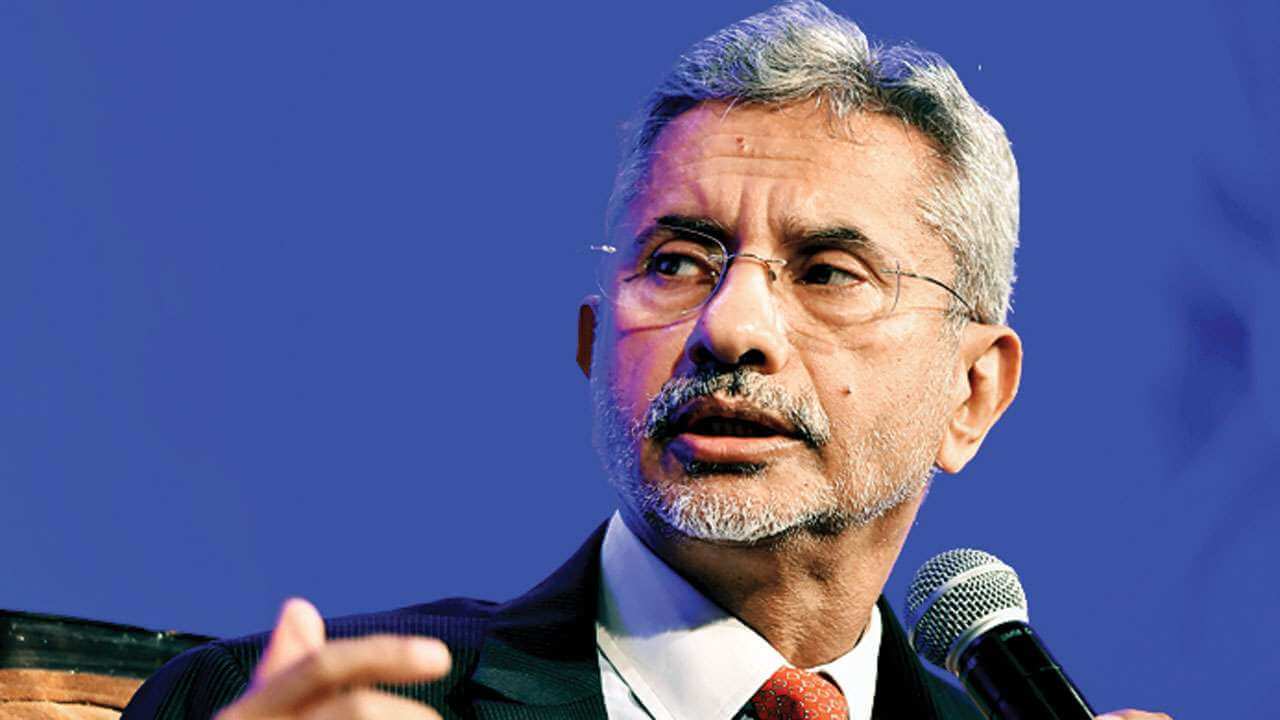As India began its two-year tenure as a non-permanent member of the United Nations Security Council (UNSC) this year, China used its position in the Council to prevent New Delhi from leading the UNSC 1267 (ISIL (Da’esh) and Al-Qaeda) Sanctions committee that lists international terrorists. The committee has sanctioned several notorious international terrorists and organizations like the Lashkar-e-Taiba (LeT) in the past. It also lists individual terrorists including Masood Azhar, Hafiz Saeed, Zaki-ur-Rehman Lakhvi, many of whom are responsible for carrying out terror attacks in India, including the 26/11 Mumbai attacks, for which Pakistan has taken no action.
China’s was the only member to have opposed India heading the Al-Qaeda committee. However, India will still be heading three other important subsidiary committees: the Taliban sanctions committee, the counter-terrorism committee for 2022, and the Libya sanctions committee. Norway, on the other hand, will lead the Al-Qaeda committee.
Chairing the Al-Qaeda committee would have been significant for India, as it would have gained a leading position in overseeing the Afghanistan peace process. The position would have also given India a platform to appeal to the international community to hold Islamabad responsible for its support and sponsorship of cross-border terrorism. However, China’s veto has shielded its all-weather ally from being held accountable for its acts of state-sponsored terrorism. This is hardly surprising, given that, in the past, China has advanced the goals of one of its Belt and Road Initiative (BRI) partner by protecting the Jaish-e-Mohammed terror group leader Masood Azhar from being blacklisted by the UN Security Council (UNSC) as a global terrorist.
China is also India’s biggest hurdle when it comes to becoming a permanent member of the UNSC. China’s veto power challenges the ambitions of India and other G4 member countries like Brazil, Germany and Japan, who have made repeated calls to be added to an updated UNSC that is more representative of the current world order. Several times in the past, Indian leaders have also called for the addition of African nations who currently do not have any representation among the five permanent members of the council, which is comprised of the United States (US). United Kingdom (UK), France, China, and Russia.
Only last month, Indian External Affairs Minister S. Jaishankar said that the UN was “the brand name of multilateralism,” and that the problem in the contemporary world is that of “narrow representation at the leadership levels” of the organization. He added that this predicament “is in many ways a challenge to its credibility and its effectiveness”. He further went on to say that “You do need reformed multilateralism. You need to make it representative. You refresh your phone regularly. Someone needs to press that refresh button on the UN”.
On Tuesday, amidst the ongoing tensions with China along India’s border and in the UN, Jaishankar said that India’s ties with China are “profoundly disturbed”. Referring to the escalation last June where 20 Indian soldiers were killed, he elaborated, “After 45 years, you’ve actually had bloodshed on the border. And that’s had a huge impact on public opinion and politically. ...really the impact of trust and confidence in India where China and their relationship is concerned. That has been profoundly disturbed.”
China Blocks India From Heading UNSC Sanctions Committee Amid “Profoundly Disturbed” Ties
Parallel to Indian EAM S. Jaishankar's comments that India's ties with China have been "profoundly disturbed" over the last year, China continues to challenge India both at its border and at the UN
January 13, 2021

SOURCE: PTI
